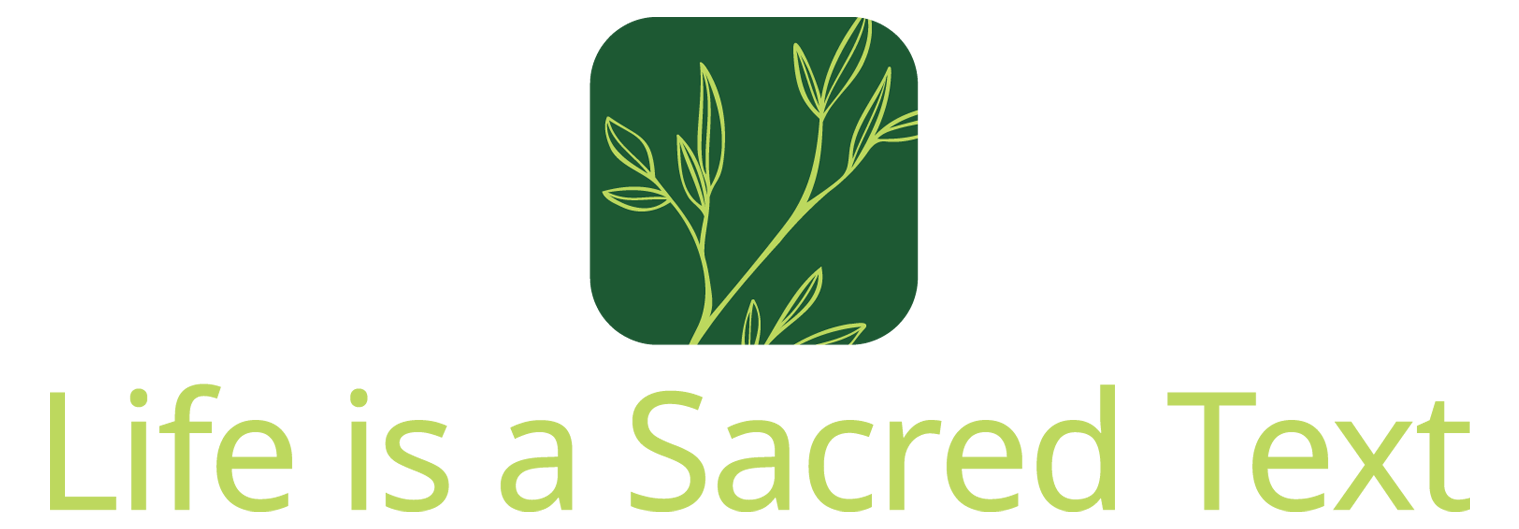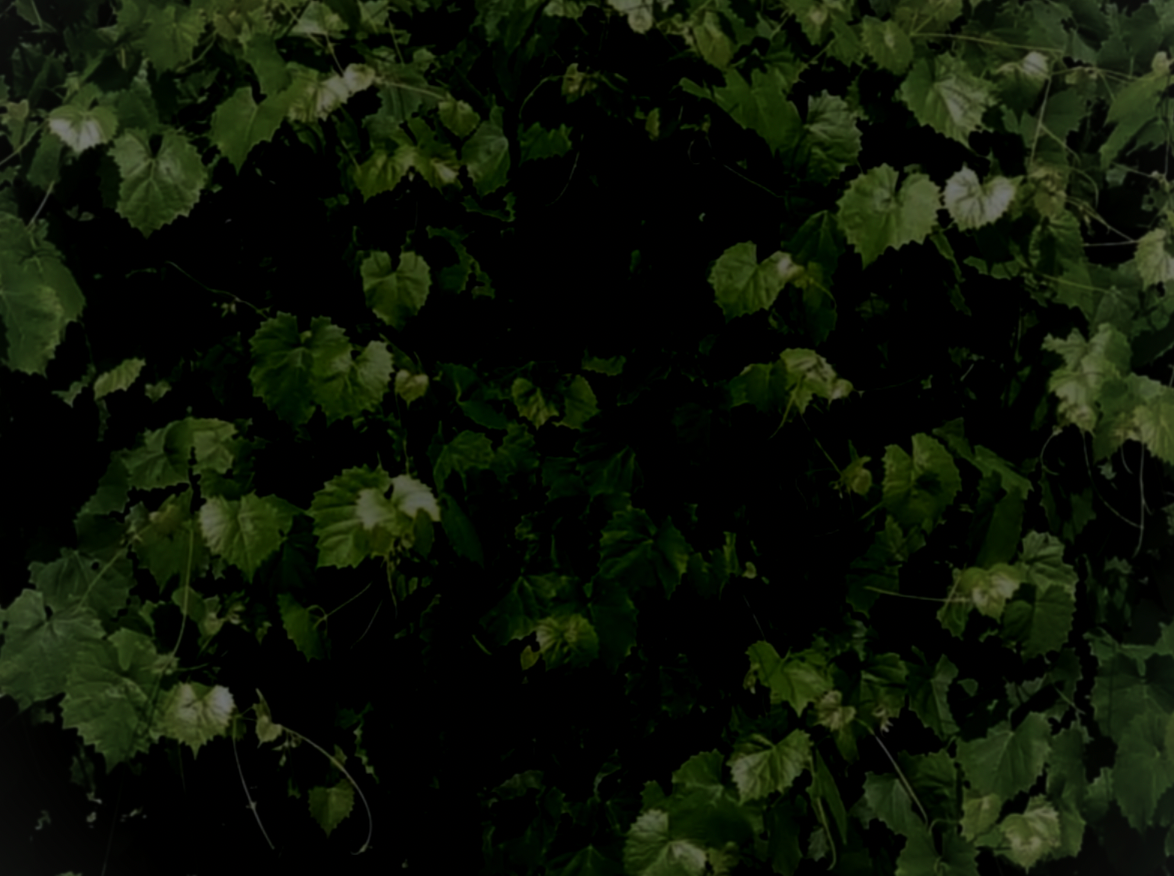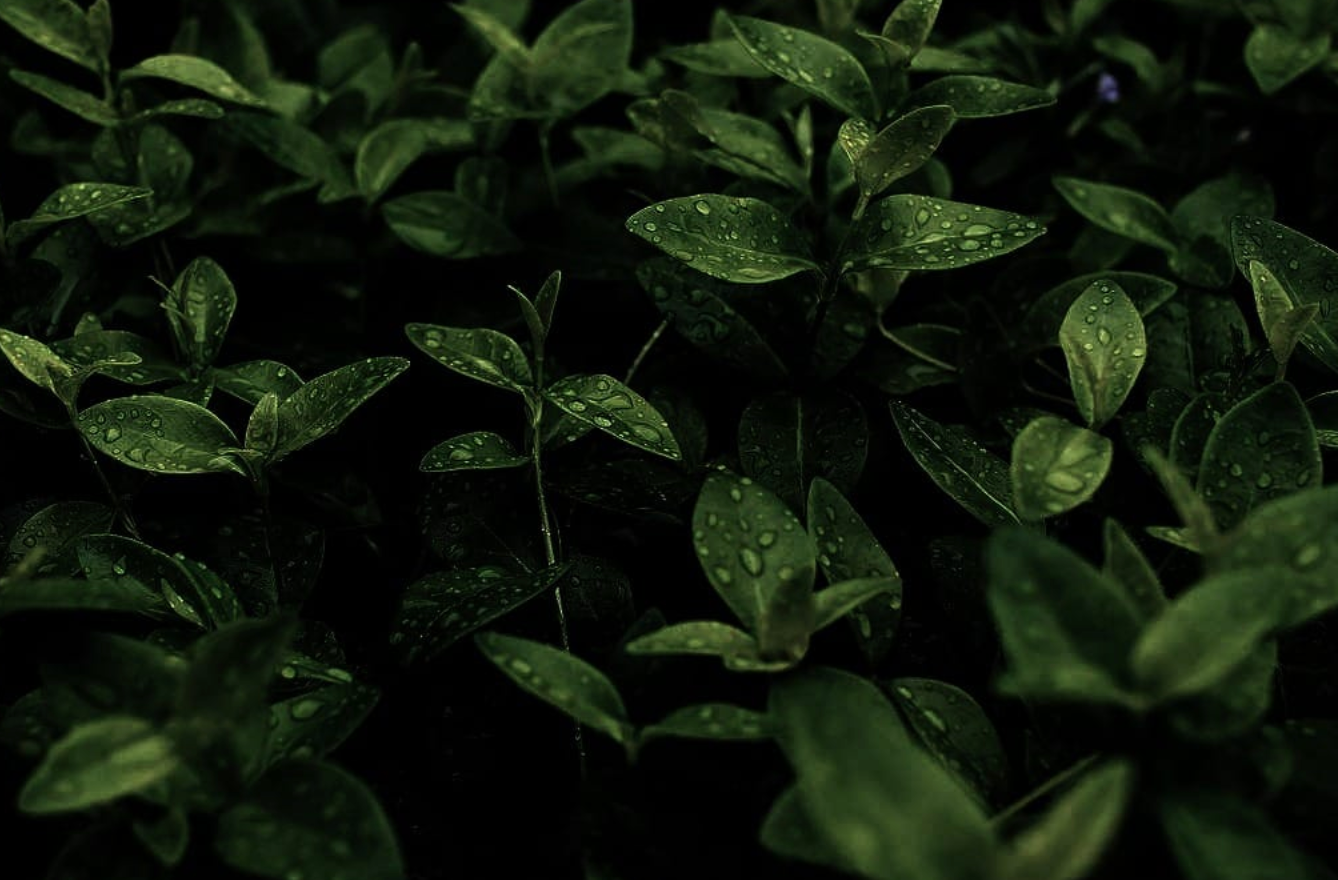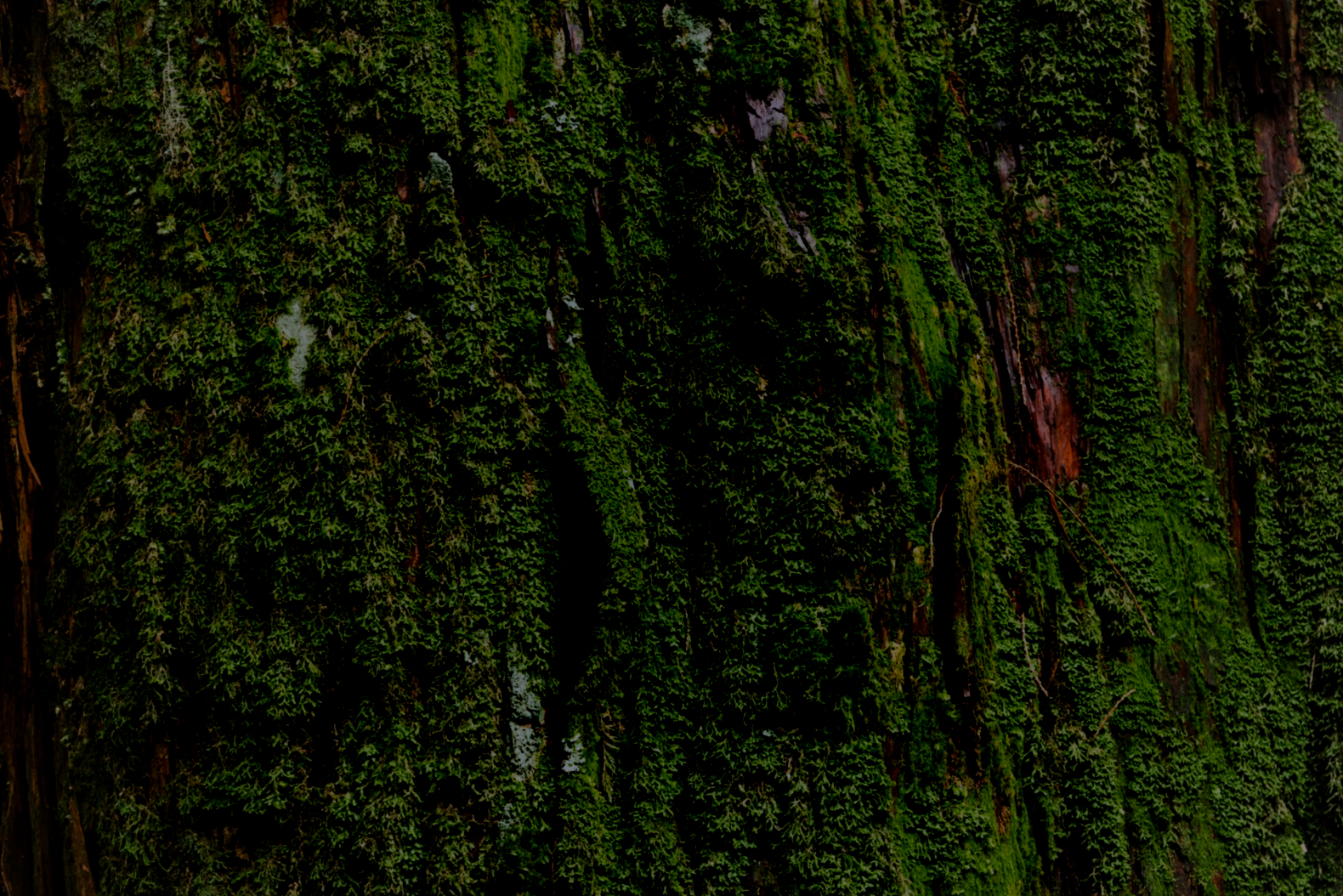"...a being whose anguish may reach the heart of God."
October Seventh
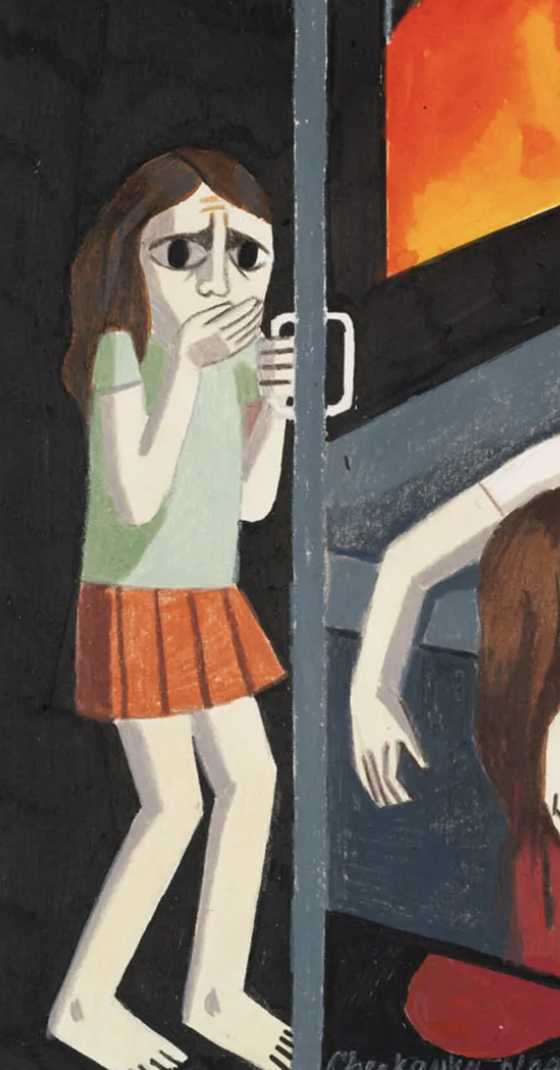
This is Life as a Sacred Text 🌱, an everybody-celebrating, justice-centered voyage into ancient stories that can illuminate our own lives. It‘s run on a nonprofit, so it’s 100% NAZI FREE. More about the project here, and to subscribe, go here:
We have come, once again– impossibly, somehow– to October 7th.
It's a (Gregorian) yahrtzeit– the anniversary of a death, of so many harrowing, unspeakable, monstrous deaths. And that day also marked the beginning of a time of so, so much death.
This year I have tried to repeat, again and again, that there is no justification for the mass murder of innocents. I have tried, over this year, to hold up the critical truths of our shared humanity with both specificity and our broadest human interconnectedness, and to use my positionality as Jew and a rabbi to address the moral and practical emergencies in front of us, to speak into the need for action as it can be taken today.
And.
All too often, I have seen parts of the the non-Jewish public that seem to regard a "good" Jew as one who only recognizes the suffering of others, and who denies any experience of their own communal pain, especially the pain of their Israeli brethren– and that's not it, is never it. We know that these tests are toxic, and these requirements of "goodness" have been put forth to many communities ("Oh, you're one of the good __") is an appalling, untenable standard that dehumanizes, that seeks to divide us from one another.
There is already too much separation.
We must all be allowed space to grieve, to mourn– to hold the pain of our own people's deaths, our massacres, our atrocities– the horrors experienced by our kin– sometimes people whom we knew personally, sometimes family members.
Again, again, again: we must smash binary thinking.
And again, again, again: We must let all of our hearts crack open, break wide enough to hold all of the pain, all the grief: including grief in its specificity, in its particularity. To honor all of the dead in all of the ways that they deserve from us.
(Click through on that side arrow to see all the images here from M Jay Smith.)
J.S. Park, in his remarkable book, As Long as You Need: Permission to Grieve, writes,
"The one thing worse than loss is for that loss to spin adrift, a footnote with no point of reference. Grief makes it possible to connect a smear of stars into a constellation.... Grief... is not about letting go, but about letting in."
I had written a whole other post marking this day. It was intentionally brutal, unsparing, in order to give you stories– to pull you out of the numbness of headlines, out of the vagueness of numbers. To remind you of the specificity of names, the particularity of human beings. To help you revisit that empathetic gulf into the kinds of agony no human being should ever have to experience.
The Jews to whom I sent it said that it was cathartic, made them cry. But a dear friend who's a non-Jewish (former) trauma therapist pushed me to ask some harder questions about the purpose of retelling these stories– even to honor the depths of the suffering, even to put them in the context of the so many horrors past. (You can read that piece here, if you would like, consider yourself warned.) It is much more specifically about that day, and its atrocities.
But even without repeating all, or even some, of the stories that we have, we know:
Hamas came in, and because of them, 1,200 souls were slaughtered, were burned, were gunned down, choked, grenaded, asphyxiated by smoke, shot, murdered brutally while in hiding, while on their morning walks, while seeking shelter, while caring for others, while protecting their families, while covering their children.
Every single soul, a world.
Eicha! Alas! Woe!
And a year in to this ongoing nightmare– retribution and vengeance, the blood of more innocents soaking the land–
A year in– as we look back and still try to make sense of it all–
We turn, again, to the question to which we so often reach during times of unspeakable pain:
Where is God in these harrowing misuses of human free will?
The Prophets and the Rabbis have come up with different answers at different times. And though after the Holocaust there was something of a break, (where could God have been?) new theology grew after that, too.
And right now, we are in the Days of Awe–
Between the days when we recite:
On Rosh Hashanah it is written, and on Yom Kippur it is sealed.
how many shall pass away and how many shall be born,
who shall live and who shall die,

who at a reasonable time,
and who before their time,
who by water and who by fire,

who by sword and who by wild beast,
who by famine and who by thirst,
who by earthquake and who by plague,
who by strangulation and who by stoning,
who shall have rest and who wander,
who shall be at peace and who pursued,

who shall become impoverished and who wealthy,
who shall be debased, and who exalted.
But teshuvah (repentance and repair), tefillah (prayer) and tzedekah (redistributive justice) avert the severity of the decree.
It's always been a rough prayer, theologically, and that's why I'm taking us there.
This isn't the moment to shy away.
Of course I'm not blaming the victims.
The prayer is written mostly in the third person, with some second-person address to God. And when it's written in the first person, it's in the plural, as is most of Jewish liturgy. Not I: We.
I don’t know if we can ever change our individual decrees.
But I do believe that our collective care can impact the severity with which evil besets us all.
Most horrors that happen in the world– certainly the abominations of October 7th– are the result of a monstrous use of human free will.
Every single one of the human beings that made the decision to shoot, to kill, to slaughter, to harm, to maim, to light on fire made a choice.
Just as those who vote for policy that harms make choices.
Just as those of us – when we to refuse to speak up when we can.
Just as those who of us when we go along with what seems expedient, even knowing what is right.
We cannot control the harms that others choose to perpetuate, and it's unfair to blame God for that.
One day, in a moment of profound fear for his children, Rabbi Jeremy Kalmanofsky prayed, "God, keep us from the wrong place at the wrong moment." He listened carefully for the answer.
The reply that he heard, somehow, was not a comforting one:
"I cannot do that."
Rabbi Abraham Joshua Heschel wrote about "divine pathos," the sense of pity or sorrow that the transcendent feels in the face of human suffering.
God, as understood by Heschel and Kalmanofsky, does not intervene in history, is not a magic genie who swoops down to prevent us from getting a flat tire or protect us when the grenades begin to fly– but, rather, the One who suffers along with us.
"What is the image of a person?” Heschel asks. “A person is a being whose anguish may reach the heart of God.”
J.S. Park writes in As Long as You Need:
I imagine how God must witness all this violence in secret corners, in hospital beds, in headlines, seeping through policy and indifference. I imagine God grieving how our hands would be used for anything other than holding, the anger and sorrow that God must hold for each of us who are lied to about our dignity. If I could see, even just a glimpse as God sees, then I would know that I have the right to be angry, to weep for what might have been, and I could set down this weapon so I could walk away free.
I believe that if I could see, even just a glimpse as God sees– then I would feel even more certain that God is found in the choice to help, to mend, to care, to build, to create covenants of peace.
To use our hands for holding.
For sterilizing wounds.
For tenderly wrapping the dead in preparation for burial.
Body after body after body.
Teshuvah: returning to ourselves, to integrity. To our willingness to tell the truth, to accountability, to committing to a new way of being and doing in the world.
Tefillah: connecting to the divine, to the fact of our interconnectedness to all life, everything.
Tzedekah, actions towards justice, redistributing resources towards the larger good.
We all as a collective, as a people, as a world, as those forging a new future cannot offset the atrocities that have been caused, but we can annul the severity of the decree. We can change tomorrow.
Judith Weinstein was a Kibbutz Nir Oz resident who was murdered with her husband, Gadi Haggai, as they took their regular early morning walk. She was many things, including wife, mother, teacher, puppeteer and poet.
Here are some of her poems:
tripod set to go
subject without focus
no selfie today
life so delicate
days of war, peace, sorrow, joy
let’s choose love
days pile on days
what is different this year?
lost belief, new hope
May the memories of every single soul slaughtered on October 7th– and every soul slaughtered since– be a blessing that helps to illuminate our way forward– towards creating safety and care and home and sustenance for everyone.
May all those who mourn be comforted.
May all those in captivity return home, speedily.
May we reach a comprehensive ceasefire agreement soon.
May we move towards an end to these unceasing cycles of violence.
May we find a way to build something different with our hands.
אֶל מַלֵּא רַחֲמִים שׁוֹכֵן בַּמְּרוֹמִים הַמְצֵא מְנוּחָה נְכוֹנָה תַּחַת כַּנְפֵי הַשְּׁכִינָה בַּמַּעֲלוֹת קְדוֹשִׁים וּטְהוֹרִים כְּזֹהַר הָרָקִיעַ מַזְהִירִים לְנִשְׁמוֹת יַקִּירֵנוּ וּקְדוֹשֵׁינוּ שֶׁהָלְכוּ לְעוֹלָמָם. אָנָּא בַּעַל הָרַחֲמִים הַסְתִּירָם בְּצֵל כְּנָפֶיךָ לְעוֹלָמִים וּצְרֹר בִּצְרוֹר הַחַיִּים אֶת נִשְׁמָתָם. יהוה הוּא נַחֲלָתָם וְיָנוּחוּ בְּשָׁלוֹם עַל מִשְׁכָּבָם וְנֹאמַר אָמֵן
God filled with mercy, dwelling in the heavens’ heights, bring your dear and holy ones proper rest beneath the wings of your Shekhinah, amid the ranks of the holy and the pure, illuminating like the brilliance of the skies the souls of our beloved and our blameless who went to their eternal place of rest. May You who are the source of mercy shelter them beneath Your wings eternally, and bind their souls among the living, that they may rest in peace.
And let us say: Amen.
If you're in the Chicago area, join us on Wednesday at this event of collective mourning for all the losses of this last year.
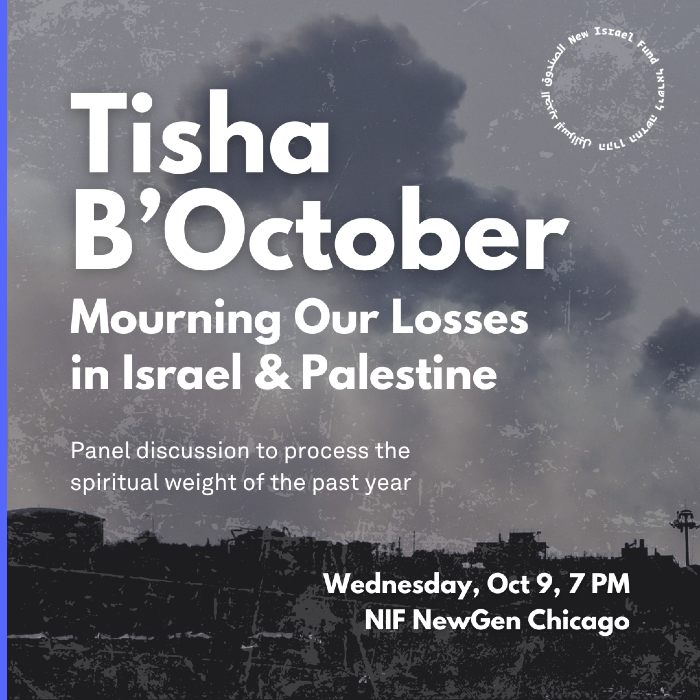
🌱🌱🌱🌱🌱🌱🌱🌱🌱🌱🌱🌱🌱🌱🌱🌱🌱🌱🌱🌱🌱🌱🌱🌱🌱
Like this? Get more of it in your inbox every week. 🌱
For free every Monday—sign up at the ‘Subscribe now’ button just below.
And if you become a paid subscriber, that's how you can get tools for deeper transformation, a community for doing the work, and support the labor that makes these Monday essays happen.
A note on the subscription model:
I want my work to be as accessible to as many people as possible, in as many ways as possible. That's why the Monday essays are free, and why we donate subscriptions to anyone for whom paying is a barrier to the House of Study posts.
I also believe people should be paid fairly for their work. Needless to say, these two values sometimes seem to be in conflict, but I do what I can to find a fair balance. I offer many resources for free, and charge for others. When you donate generously or pay at the top of our scale, that helps support the work I do, provides access for those who have fewer resources, pays for the infrastructure and the technical and practical support that it takes to do this, and helps us keep the work sustainable.
And as always, if you want in to the Thursday space but paying isn't for you now, just email support@lifeisasacredtext.com and we'll hook you up.
And if you’d like to underwrite one of these donated subscriptions, you can do so by signing up at one of the higher subscription points.
And if it resonated with you, please share this post.
Sending a big pile of blessings and goodness your way. 💕
